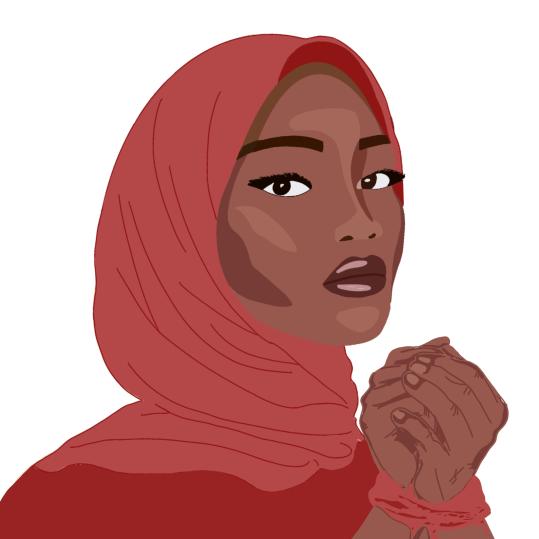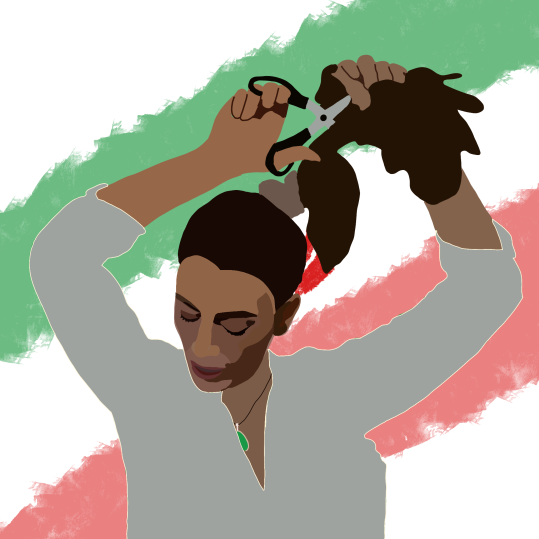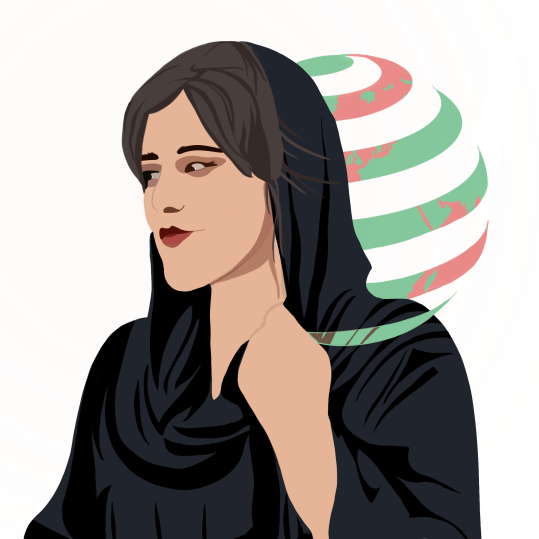A hijab is a head covering worn by Muslim women, mandated by law in majority of the Middle Eastern countries, like Iran and Afghanistan. The recent death of Mahsa Amini in Morality Police custody brought religious laws like these into question. It also sparks controversy, as it forces us to reconcile the role religions should play in nations.
All in all, religion and state should separate, because people can control governments, but not religion. Government is fluid while religion is set in stone.
Binding religion with government infringes on people’s political freedom, as the Guardian council in the Iranian government shows. It is composed of the top twelve members of the Shia clergy who use their power to dampen reformist influence in the Iranian government. For example, in 2004, the council barred more than 3,600 reformist-independent candidates from participating in elections. It also routinely cancels votes from reformist districts.
Clearly, the guardian council, a religious voice in the Iranian government, uses its influence to increase bipartisan control in Iranian politics. And though the Guardian Council and other religious elements in the government appear to be conservative, the reality is that it is simply unadaptable. Religion can’t change, because dogma in itself is a set of rules to obey by. In this clash of religious code and political law, religion will always interfere with the government because it itself is a governance, in a sense. The consequence of this clash of interest is limited political freedom to all. This undermines equality in political participation and freedom, continuing the pattern that leads to further corruption and suppression of the citizens’ voices, as we can see through the case of Mahsa Amini.
Religious governance also jeopardizes citizens’ religious freedom. In medieval Europe, for instance, the power of Catholic Christanity is ubiquitous, though many monarchs taint this power by their cruelness. King Ferdinand II of Aragon exemplifies this, establishing the Spanish Inquisition in 1478 to try heretics among the Jews and Muslims who recently converted to Christanity. In addition, King Charles IX of France instigated the St. Bartholomew’s Day Massacre after ordering the assassination of Protestant leaders in France. Moreover, fear and mob mentality influenced civil and religious courts, leading to mass prosecutions of people suspected of witchcraft, which resulted in over 60,000 deaths.
In the context of medieval violence and social unrest, having a state affiliated with religion defeats the purpose of government as agents for stability, because the government becomes biased against minority religion groups. The absolutist rulers who get power from divine ordain have numerous means to appropriate certain changes in their state. They frequently prosecute religious minorities to appeal to the religious majority, thus consolidating their power. Absolutist power magnifies the destructive effects of discriminatory laws and royal decrees while Local power bends heavily toward religious law. This jeopardizes the religious freedom of all.
In contrast, a government whose power doesn’t depend on religion has nothing to justify their rule unless the subjects - citizens - agree that governance is mutually beneficial. The government must change and adapt to the citizens or face rebellion and disloyalty. An example of this is Democracy. In it, candidates for positions of power are decided by popularity, not religion, which promotes a constant state of change within the government, and prevents prolonged abuses of power. A government that does not identify with any religion is also more religiously free because without the intervention of a main state religion, people tend to choose religions that suit them the most, knowing at least they won’t be politically penalized.
Religion and government are incompatible, though religion is a broad term that defines much more than the examples mentioned above. “Religion” as a noun has a specific definition, but you can be “religiously” committed to many things. In the context of government, you can expand the meaning of the word to include atheism, societal ownership of means of production (socialism), personality cults (Stalin, Mao), confucianism, and so on, goals that governments are so vested in that they act similarly to religious states in dedication and sometimes, cruelty. Religion and state must separate, but we should also be aware of the danger of religious devotion elsewhere, for, the government serves the people first, not their obsessions.
Written by Brian Yu
Art by Maddie Chao

 Religion and Human Rights
Religion and Human Rights